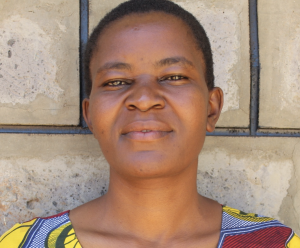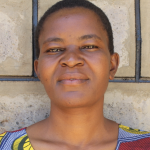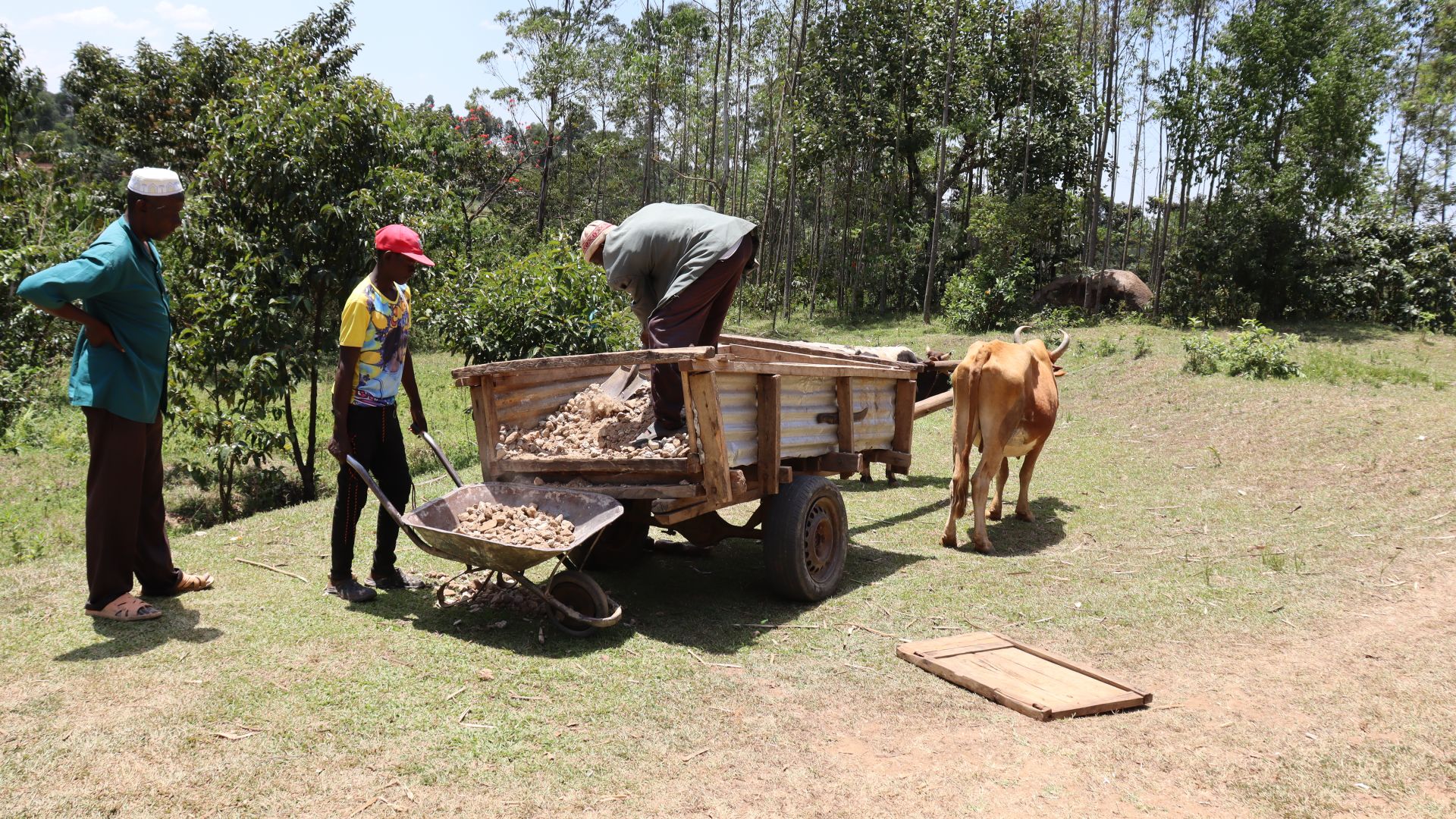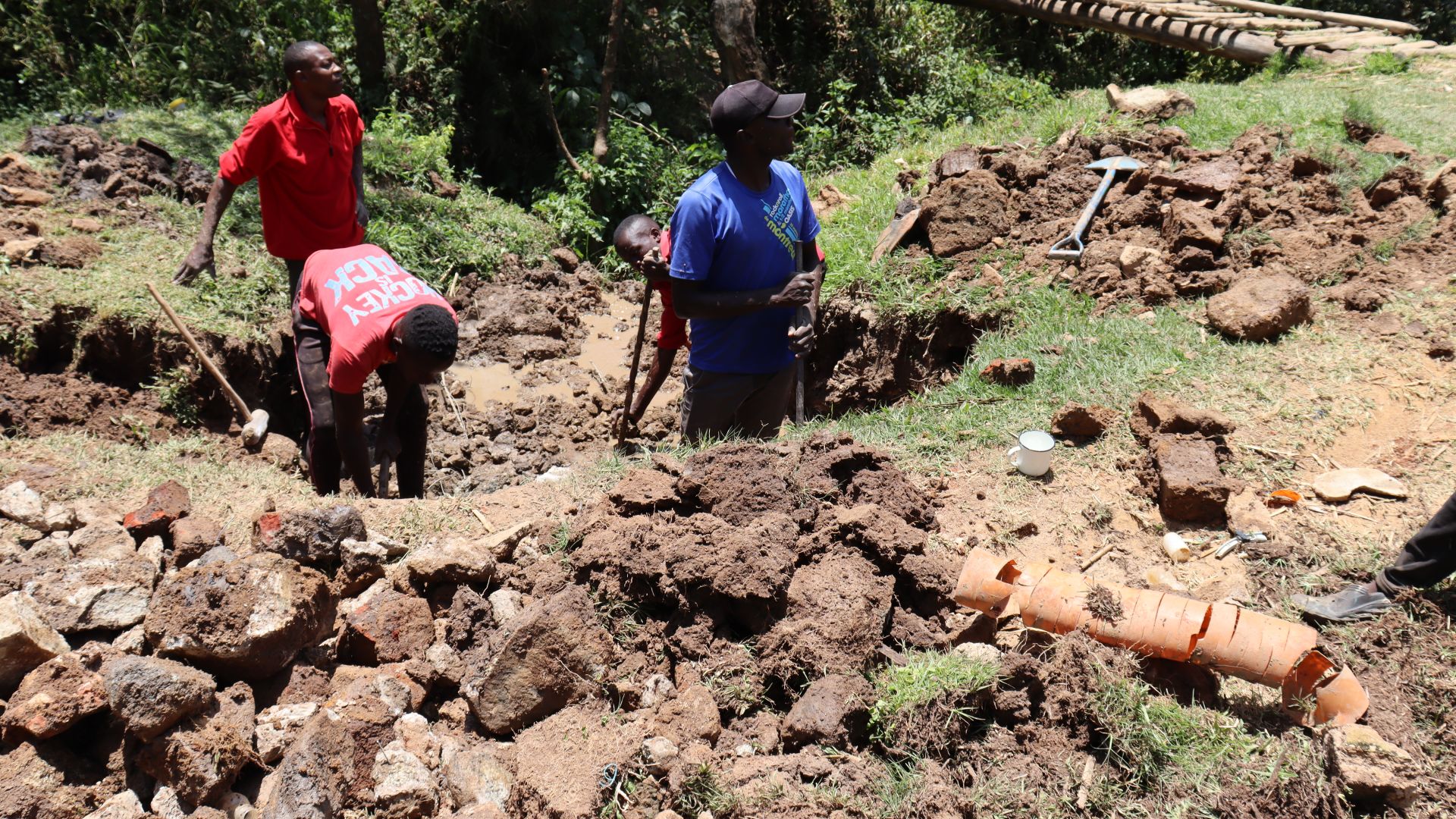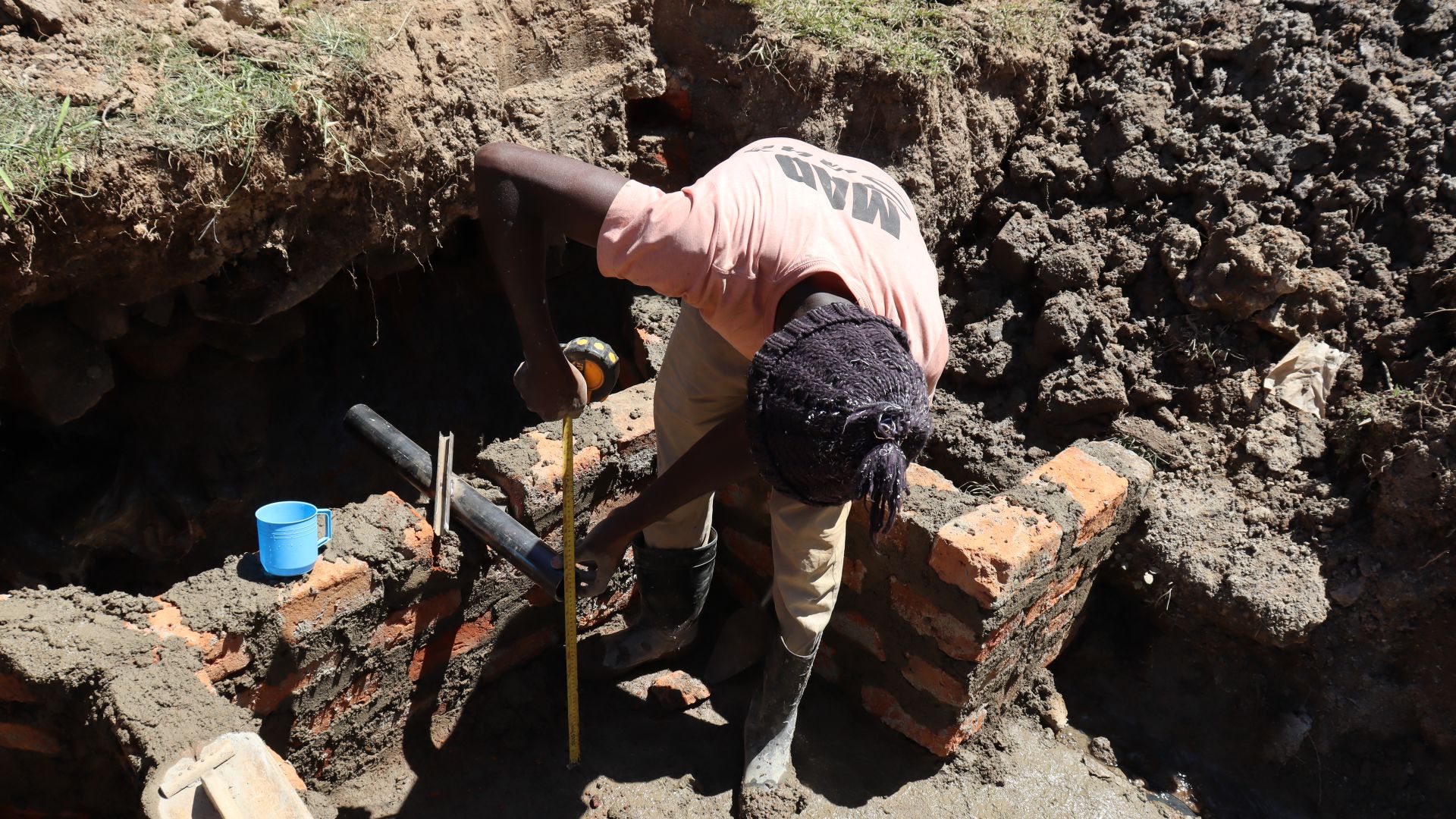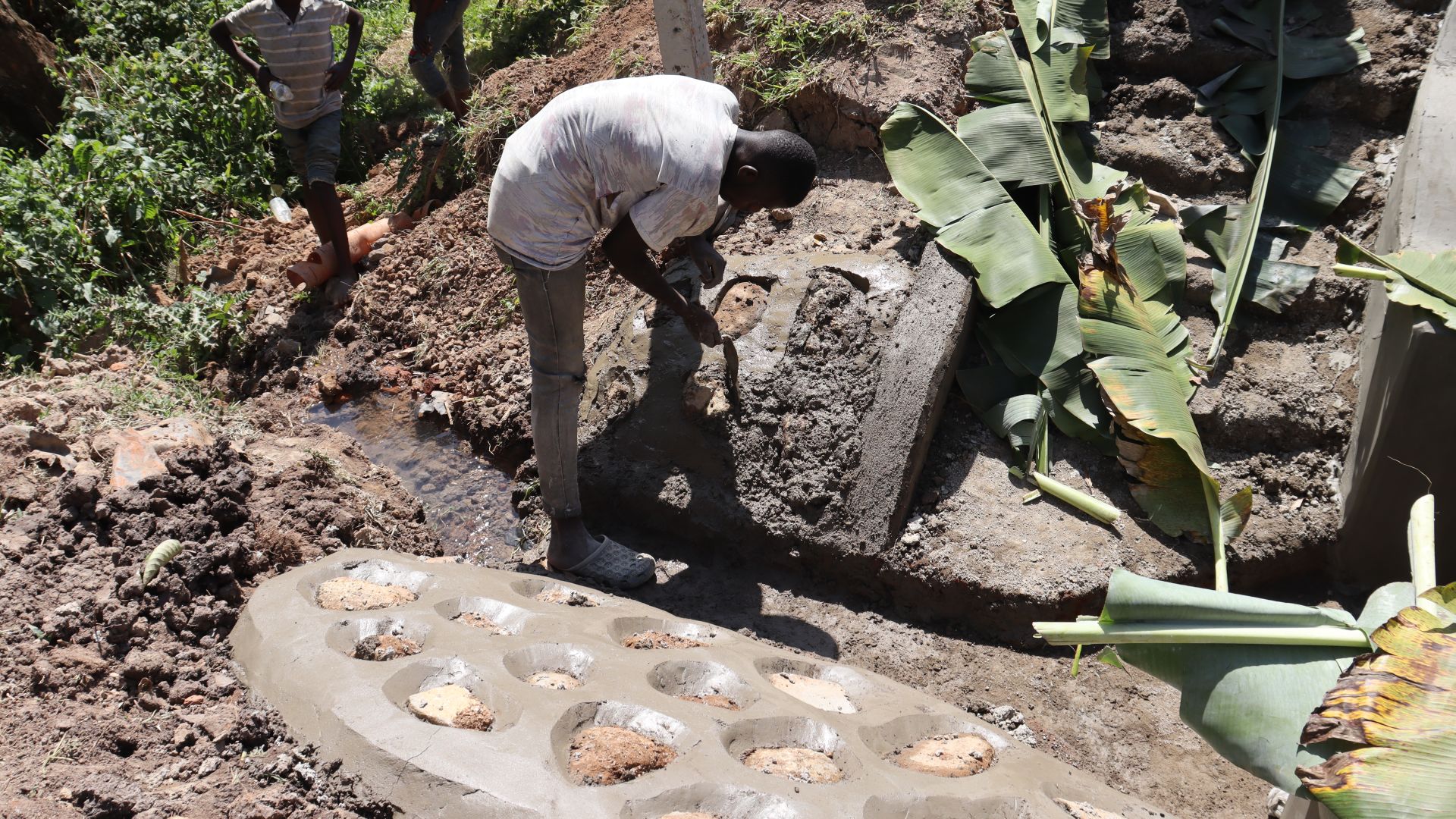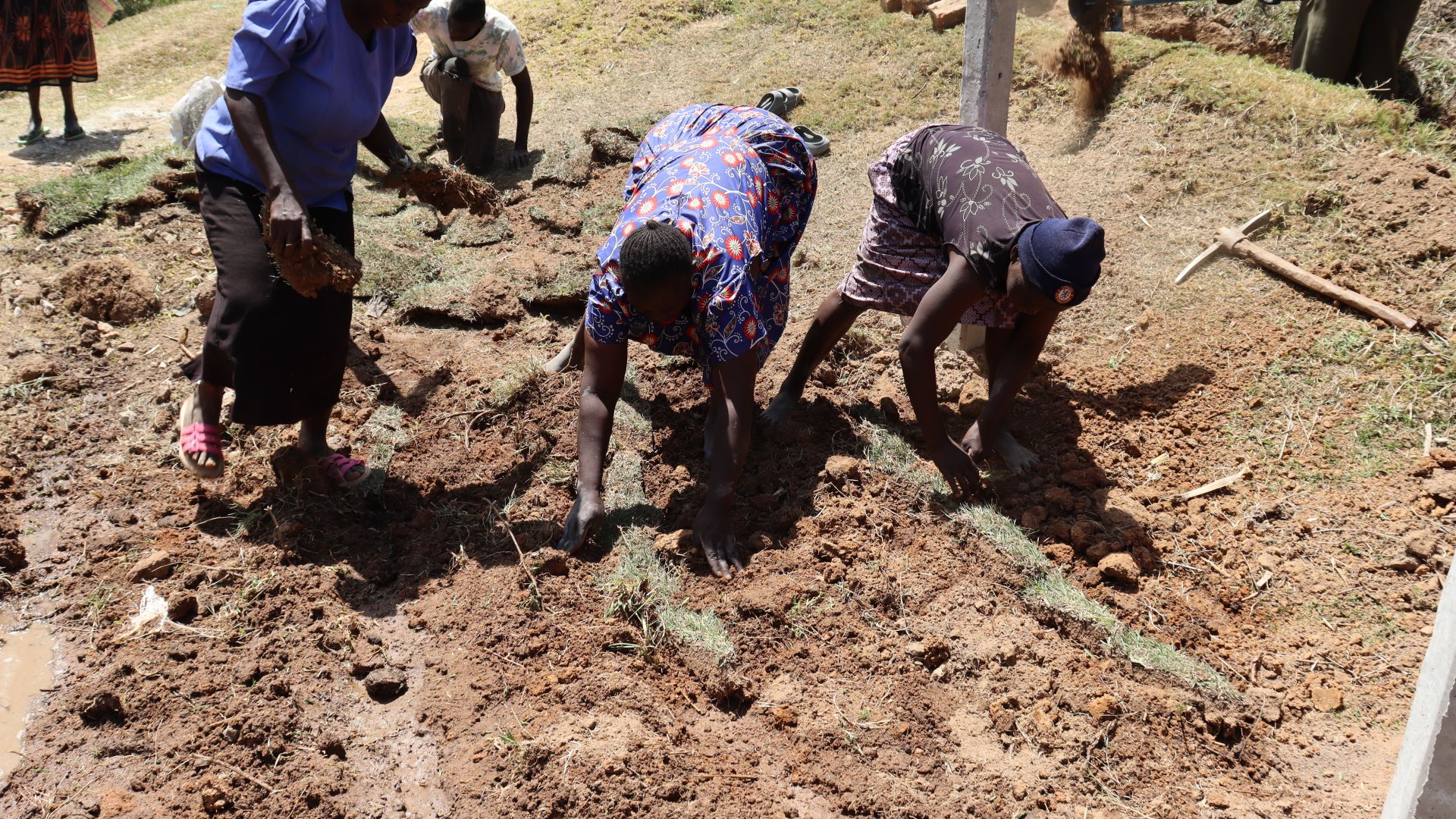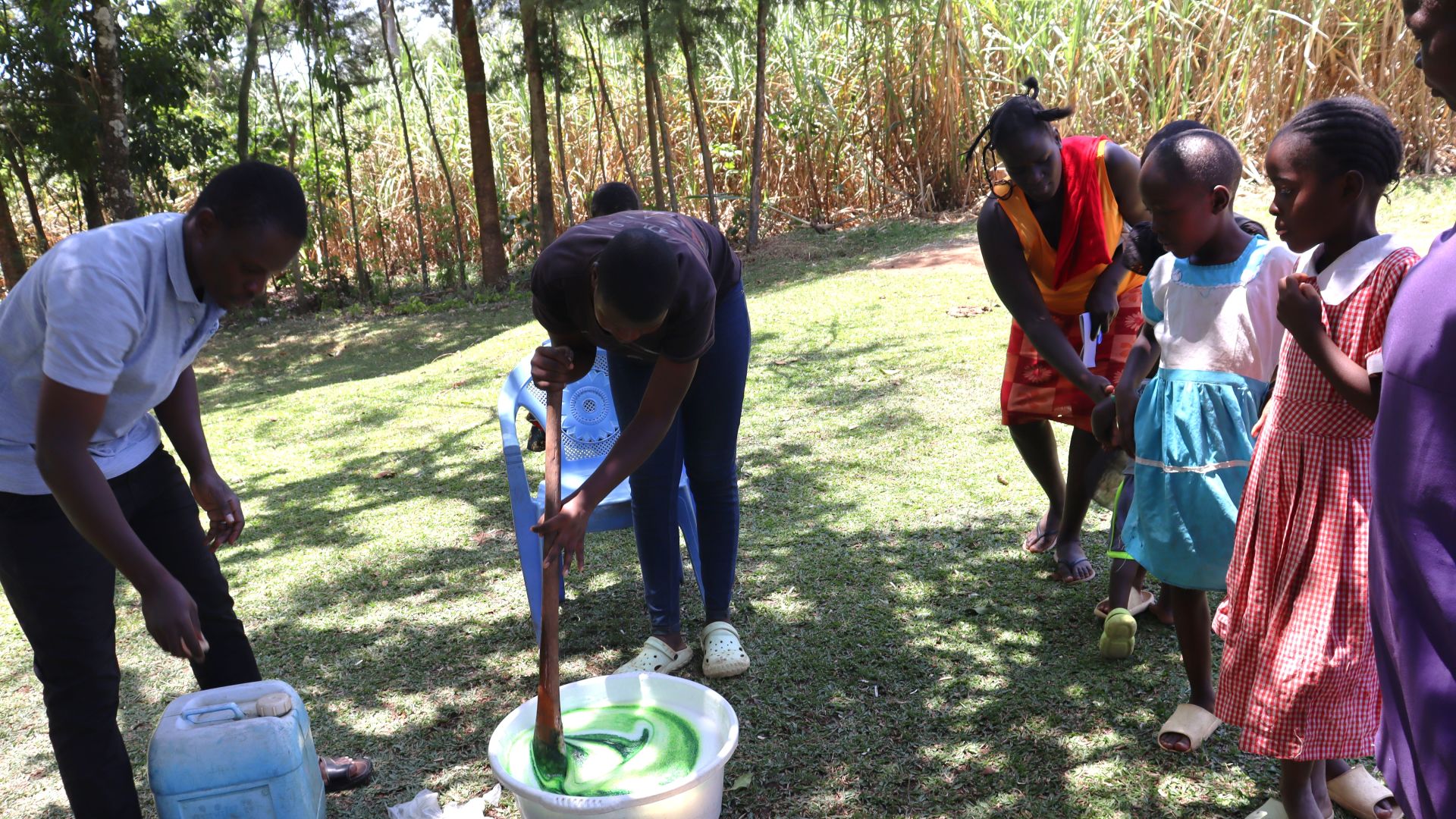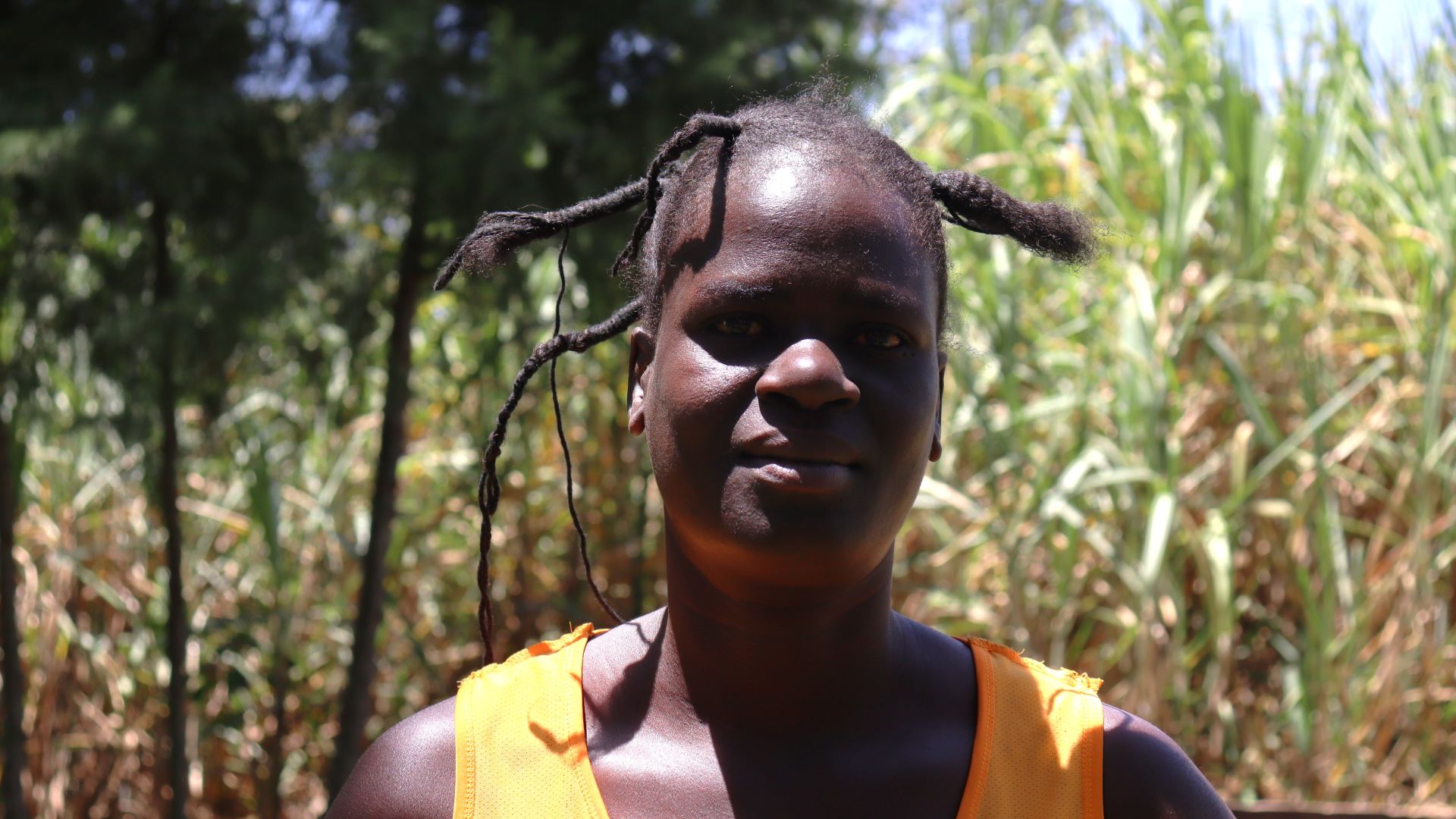The 210 people who live in the Chiterezi Community rely on the partially protected Mmbasu Spring to meet their daily water needs. However, due to its poor condition, community members like Resna, a fifty-eight-year-old farmer, often end up sick after consuming it.
"After taking it (the water), after some time, I started experiencing severe stomachache, diarrhea, and [a] mild headache. Earlier on, [I] visited a nearby dispensary where I was diagnosed with typhoid; I was given a prescription that really cost after purchasing the drugs [at] a nearby chemist," shared Resna.

Resna makes up to six trips daily to gather enough to meet her family's needs. Sadly, all that effort is for water that often leaves her or her family members suffering from water-related illnesses, stealing their health, energy, and resources.
Illnesses from drinking dirty water not only steal Resna's health but also steal her finances and time, making it nearly impossible for her to make progress in her daily life.
"Some of the consequences are [a] lack of sufficient income because those drugs are so expensive. Also, walking from home to the chemist or dispensary is a bit far and tiresome," said Resna.

The spring needs protection so the water is properly filtered to make it safer to consume.
When we asked Resna what she would do with her time if she did not have to spend so much of it collecting water, she said she would spend more time at her vegetable stall in the local market. Providing a safe, reliable water source would allow Resna to focus on the most important things in her life and build a brighter future.

Resna takes care of her livestock.
Steps Toward a Solution
Our technical experts worked with the local community to identify the most effective solution to their water crisis. They decided to safeguard the existing flowing spring.
Spring Protection
Springs are natural water sources that originate from deep underground. As water travels through various layers of the earth, it undergoes a natural filtration process, making it cleaner and safer to drink. To protect these spring sources from contamination, we construct a waterproof cement structure around layers of clay, stone, and soil. This design channels the spring water through a discharge pipe, facilitating easier, faster, and cleaner water collection.
Chlorine Dispenser
As an extra measure towards water quality safety, uniquely engineered chlorine dispensers are installed at all of our spring protection projects so community members can treat their water with pre-measured doses of chlorine. The chlorine treats any residual contamination and stays active for two to three days, ensuring water stays safe to use even when stored at home. Chlorine delivery and maintenance of the dispensers are part of our ongoing community support.
Community Education & Ownership
Hygiene and sanitation training are integral to our water projects. Training is tailored to each community's specific needs and includes key topics such as proper water handling, improved hygiene practices, disease transmission prevention, and care of the new water point. Safe water and improved hygiene habits foster a healthier future for everyone in the community. Encouraged and supported by the guidance of our team, a water user committee representative of the community's diverse members assumes responsibility for maintaining the water point, often gathering fees to ensure its upkeep.

 Protected Spring
Protected Spring
 Rehabilitation Project
Rehabilitation Project










